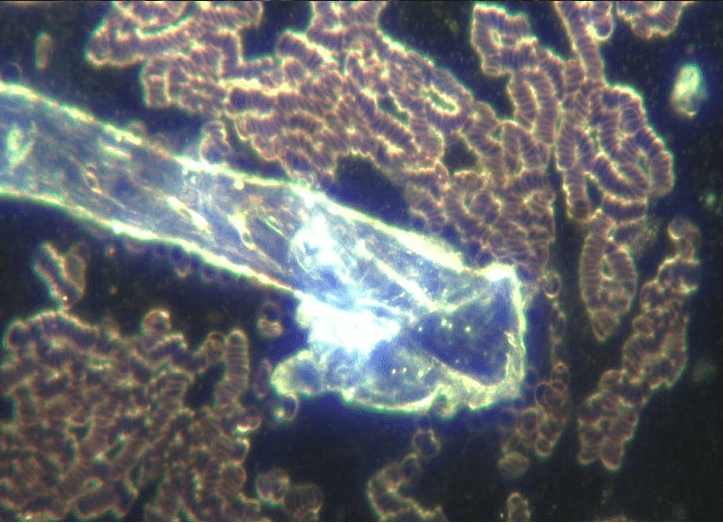As Europe opts to publicly support genetically modified crops, Russia, who banned GMO’s in 2016, has been ramping up its production and export of organic food. Russian President Vladimir Putin announced plans back in 2015 to make Russia the largest supplier of healthy, ecologically clean and high-quality food which Western producers “have long lost.” BYPASS THE CENSORS Sign up to get unfiltered news delivered straight to your inbox. You can unsubscribe any time. By subscribing you agree to our Terms of Use An EU court ruled last week that Italy could not ban the cultivation of an EU-approved genetically modified crop. RT reports: “Recently the organic food market has definitely expanded in Russia. The organically produced food industry held a market valuation of $178 million in 2015, an increase from 2010’s $116 million total,” economist Iryna Kobuta at the United Nations Food and Agriculture Organization (FAO) Regional Office for Europe and Central Asia told RT. “Euromonitor has also noticed increased spending on pre-packaged organic food and drink in Russia. 2015 saw consumers purchase close to $12 million worth of packaged eco-foods. Russia exports organic buckwheat, millet, alfalfa, flax, and wildly grown products – including wild berries, mushrooms, cedar nuts, and herbs – to a variety of countries. Russia also exports organic wheat to the EU,” she added. In 2015, Russian President Vladimir Putin announced plans to make the country the largest supplier of healthy, ecologically clean and high-quality food which Western producers “have long lost.” While Russia already has a significant share of the European market at around $2 billion, or 11.8 percent of Russia’s overall agricultural exports, there are obstacles in increasing that share, admits Kobuta. “The main obstacles to increasing exports of agri-food goods to the EU market are non-conformity with EU food safety requirements, small tariff import quotas applied by EU for agricultural goods, infrastructural and regulatory issues. With regards to the export of organic products, in Russia there is no official certification system or certifying agency,” the economist said. Due to lack of proper regulation in Russia, local producers keen to operate in organic food have to obtain official certification from third parties like the United States or the EU, to label their products as officially certified bio or organic, and be able to export them outside Russia, Kobuta said. The draft law “On the Production of Organic Agricultural Products and Amendments to Legislative Acts of the Russian Federation” has not yet been adopted. However, the situation has improved after Russia adopted the national standard for organic products, she added. Niamh Harris Latest posts by Niamh Harris (see all) Pelosi Wants An Intervention Into The Mental Health Of ‘Grotesque’ Trump – February 27, 2024 Canada’s Trudeau Says “Russia Must Win This War” In Embarrassing Gaffe – February 27, 2024 NHS Says Milk Produced By Trans Women As Good As Mother’s Breast Milk – February 27, 2024
This content was originally published here.




















